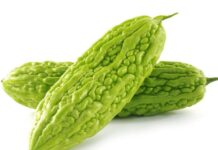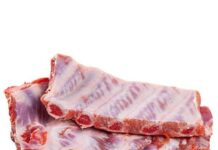Listeria is a dangerous bacterial infection that can cause serious illness in those affected. The bacteria are commonly found in soil, water, animal feces, and dust, among other places, so it is essential to know how to protect oneself from infection.
Join us as we explore 5 types of foods that are prone to Listeria contamination and could potentially cause food poisoning.
1 Processed Meat
Processed meats such as deli meats and hot dogs can sometimes contain Listeria bacteria. This is because, during the production process, the bacteria can spread between foods, utensils, and human hands. Listeria is challenging to eliminate entirely, and it can survive in various environments, even multiplying in refrigerators.
 Processed Meat
Processed Meat
2 Melons
Melons, such as cantaloupes, can become contaminated with Listeria bacteria that spread from the soil to the melon’s rind and then to people when they cut the melon open to eat it.
Additionally, even when stored in a refrigerator, this type of bacteria can still grow and multiply, and perhaps even faster.
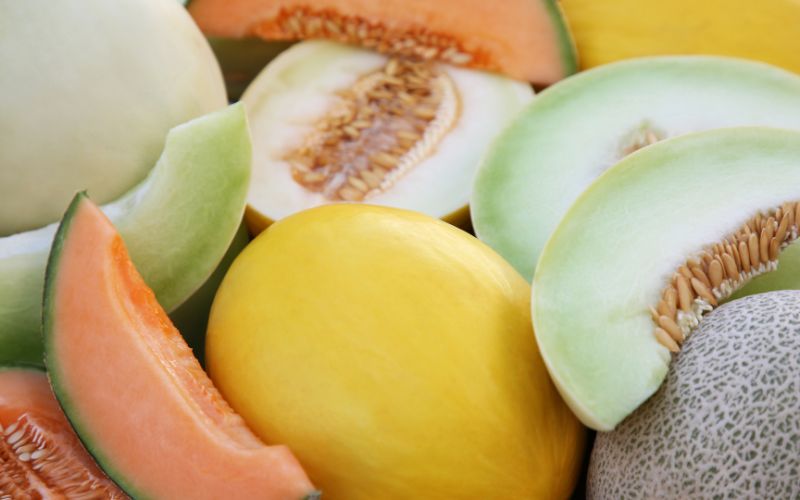 Melons
Melons
3 Raw Fish and Shellfish
Listeria bacteria can survive and multiply in contaminated water sources such as ponds, lakes, rivers, and streams, especially those near slaughterhouses and poultry processing plants. Therefore, fish and shellfish living in these water bodies are also at risk of Listeria and other bacterial infections.
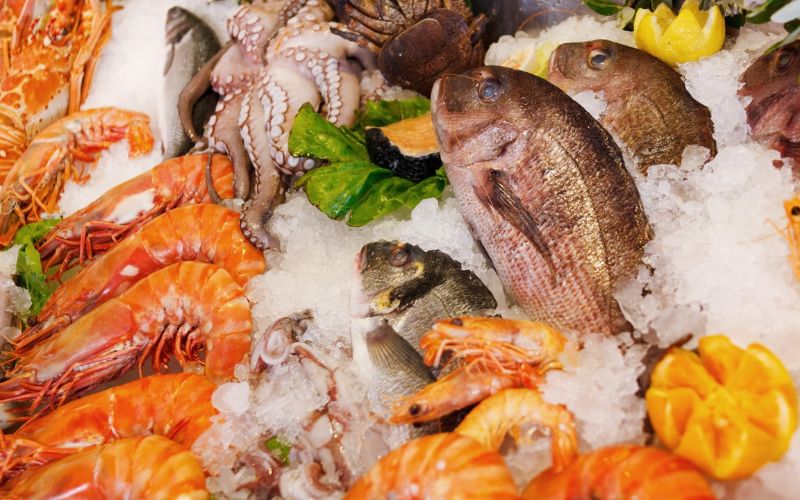 Raw Fish and Shellfish
Raw Fish and Shellfish
4 Bean Sprouts
Bean sprouts are a type of sprout formed from various beans (soybeans, mung beans, etc.). They are highly susceptible to bacterial contamination, especially in the warm and nutrient-rich environment required for their growth. Consuming low-quality bean sprouts not only carries the risk of Listeria infection but also Salmonella and E. coli, leading to food poisoning.
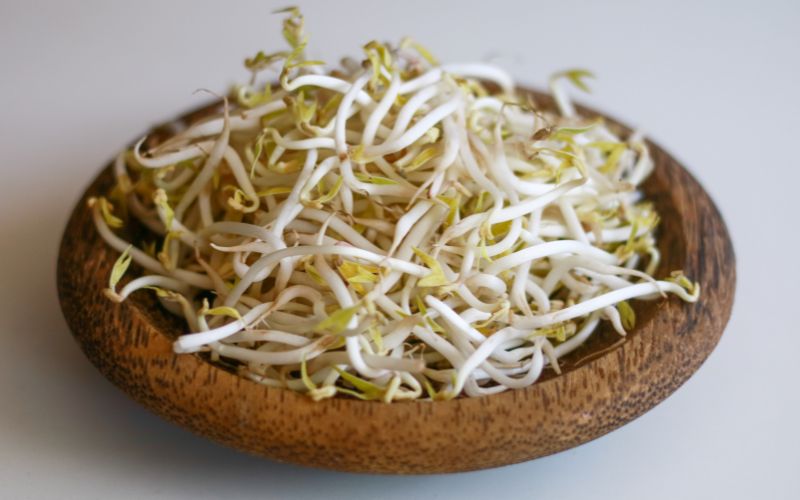 Bean Sprouts
Bean Sprouts
5 Unpasteurized Milk
Unpasteurized milk is fresh milk obtained directly from cows or other animals without undergoing the pasteurization process to eliminate potential bacteria. The risk of bacterial infection from Listeria, Salmonella, E. coli, and Campylobacter is extremely high.













